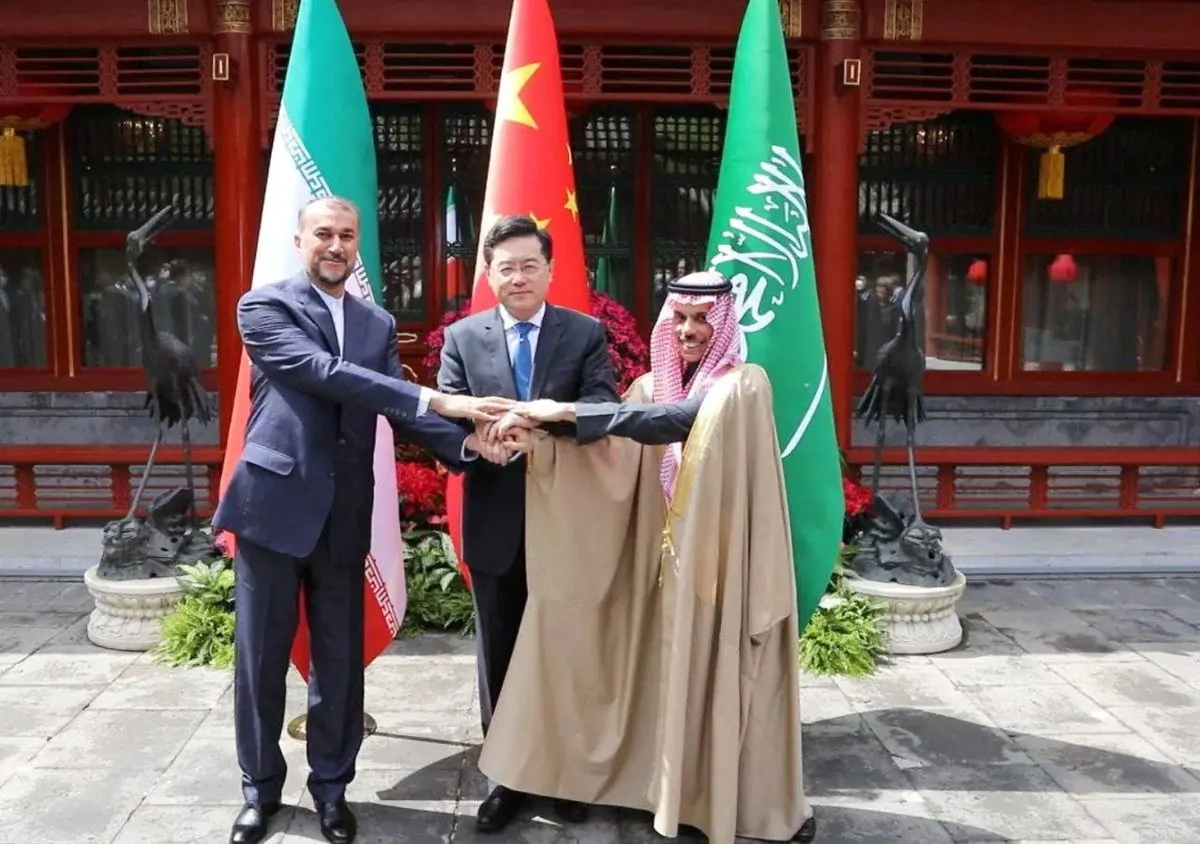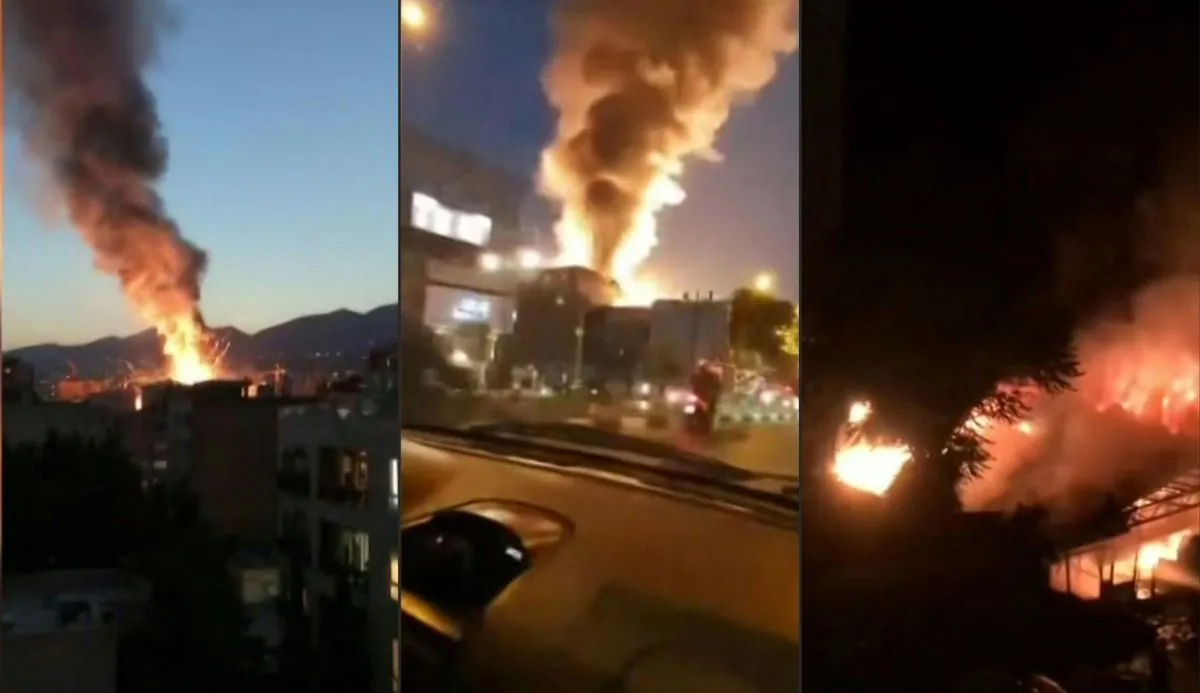China Backs Iran's Sovereignty Amid Middle East Tensions
China supports Iran's right to defend its sovereignty following the assassination of a Hamas leader in Tehran. The incident has raised concerns about escalating conflicts in the Middle East.

In a recent diplomatic exchange, Wang Yi, China's foreign minister, expressed support for Iran's sovereignty and security during a phone conversation with Ali Bagheri Kani, Iran's Acting Foreign Minister. The discussion, which took place on August 11, 2024, centered around the assassination of Ismail Haniyeh, a prominent Hamas leader, in Tehran on July 31, 2024.
Wang Yi reiterated China's condemnation of the attack, stating that it violated Iran's sovereignty and posed a threat to regional stability. The incident has heightened tensions in the Middle East, with Iran and Hamas pointing fingers at Israel, although Israel has neither confirmed nor denied involvement.

The assassination has raised concerns about the potential expansion of the ongoing conflict between Israel and Hamas in the Gaza Strip into a broader regional confrontation. Iran has pledged to respond forcefully to the attack, further escalating the situation.
China's stance on the matter reflects its growing involvement in Middle East diplomacy. Wang Yi emphasized China's support for Iran's efforts to maintain regional peace and stability, expressing readiness to maintain close communication with the country.
"China supports Iran in defending its sovereignty, security and national dignity in accordance with the law, and in its efforts to maintain regional peace and stability, and stands ready to maintain close communication with Iran."
The complex geopolitical landscape of the Middle East has been shaped by decades of conflict and tension. The Israel-Palestine conflict, which has roots dating back to the early 20th century, continues to be a significant source of regional instability. Hamas, a Palestinian Sunni-Islamic fundamentalist organization, has controlled the Gaza Strip since 2007 and is designated as a terrorist organization by several countries, including the United States and the European Union.
China's involvement in the region extends beyond diplomatic support. The country's Belt and Road Initiative includes projects in Iran and other Middle Eastern countries, highlighting China's growing economic interests in the area.
Amidst these developments, Iran's political landscape is also evolving. On August 11, 2024, Iranian President Masoud Pezeshkian nominated Abbas Araqchi as the country's new foreign minister. Araqchi, who served as Iran's chief negotiator in nuclear talks from 2013 to 2021, brings extensive diplomatic experience to the role.
The nomination comes at a crucial time for Iran, which has been subject to various international sanctions over its nuclear program. The Joint Comprehensive Plan of Action (JCPOA), signed in 2015, aimed to address these concerns, but its future remains uncertain.
As tensions continue to simmer in the Middle East, the international community, including the United Nations, has repeatedly called for de-escalation of conflicts in the region. The assassination of political figures, as history has shown, often leads to increased regional tensions, making diplomatic efforts all the more critical in maintaining peace and stability.


































